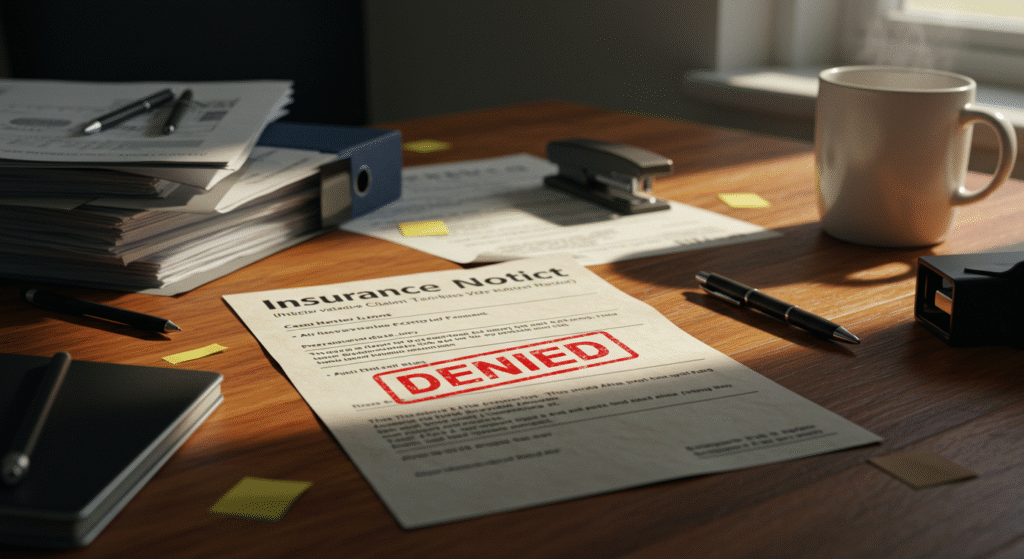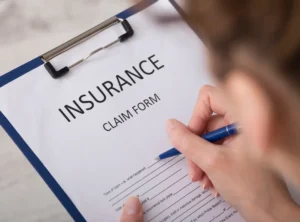What Are Protective Safeguard Endorsements?
When reviewing your property insurance policy, you may come across a section called a Protective Safeguard Endorsement (PSE). At first glance, this may seem like just another technical clause, but in reality, PSEs can put your entire insurance coverage at risk if not fully understood and properly managed.
A Protective Safeguard Endorsement typically requires that specific safety systems—like fire sprinklers, burglar alarms, or dust control systems—remain in working condition at all times. If these systems fail or aren’t maintained, your insurer may have legal grounds to deny your claim, even for major property damage.
Why PSEs Pose a Serious Threat to Your Insurance Coverage
The biggest issue with Protective Safeguard Endorsements is that they shift a significant burden onto the property owner.
If a required safety feature (like a sprinkler system or alarm) isn’t functioning properly when a loss occurs, your insurance company can refuse to pay your claim, regardless of how much damage you’ve suffered.
Even worse, insurers are not obligated to inspect your property to verify that these systems are operational before issuing or renewing your policy. They rely entirely on the information provided in your application.
Real Case Example: Homeowner vs. AmGUARD Insurance
A recent court case out of California highlights just how strictly these endorsements are enforced.
In 2020, a commercial property was severely damaged by fire. The owner had insurance coverage with AmGUARD Insurance Company, which included a Protective Safeguard Endorsement requiring an automatic sprinkler system (referred to as “P-1” in the policy). Unfortunately, the only fire suppression system in place was an Ansul system, typically used in commercial kitchens—not a full-building sprinkler system.
AmGUARD denied the $2 million claim, arguing that the property failed to meet the sprinkler system requirement. The owner took the case to court, claiming the policy language was unclear and that the Ansul system should qualify.
Despite his arguments, both the district court and the Ninth Circuit Court of Appeals ruled in favor of the insurance company. The courts found the policy language to be clear and unambiguous: the required P-1 sprinkler system was not present, and the Ansul system listed under a separate policy code (“P-9G”) did not meet the requirement.
The courts also ruled that AmGUARD had no obligation to inspect the property before issuing coverage and that making partial payments or continuing coverage after the fire did not waive the insurer’s right to deny the claim.
Key Takeaways for Property Owners
The case above serves as an important warning for homeowners and commercial property owners alike. Here’s what you need to remember:
1. Know Your Policy Requirements Inside and Out
If your policy includes a Protective Safeguard Endorsement, be absolutely certain that the required systems are installed and functioning at all times.
2. Don’t Rely on Inspections by Your Insurer
Insurance companies rely on the information you provide during the application process. They’re not required to inspect your property for compliance before issuing coverage.
3. Misrepresentations Can Void Your Coverage
Whether intentional or accidental, providing incorrect information about protective systems can lead to claim denials.
4. Payments After Loss Don’t Guarantee Coverage
Just because your insurer makes a small payment or continues your policy after a loss doesn’t mean they’re waiving their right to deny larger claims.
Final Thought: Stay Proactive and Informed
At The HomeOwner’s Advocate, we’ve seen firsthand how Protective Safeguard Endorsements catch property owners off guard. Before disaster strikes, take the time to review your policy, confirm the operational status of all required safety systems, and avoid any potential pitfalls that could jeopardize your coverage.
If you’ve had a property damage claim denied because of a PSE or other technicalities, contact The HomeOwner’s Advocate today for a free claim review. We’re here to help homeowners fight for the coverage they deserve.








